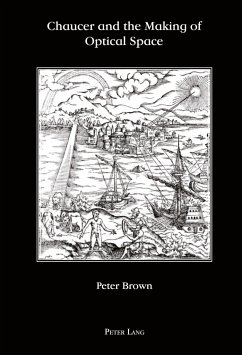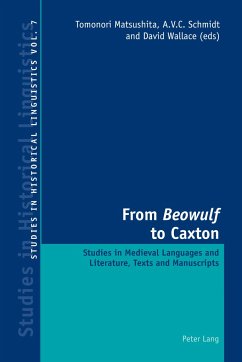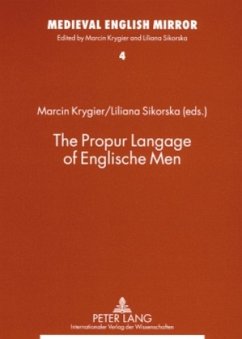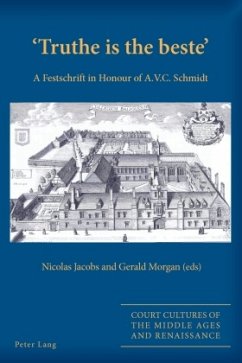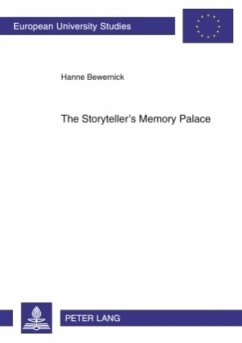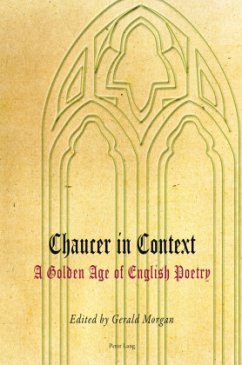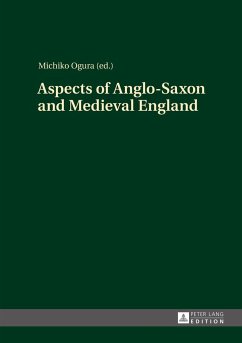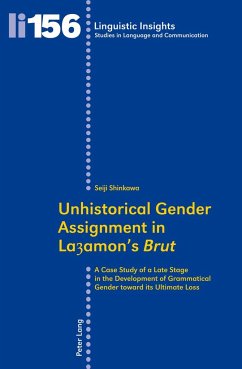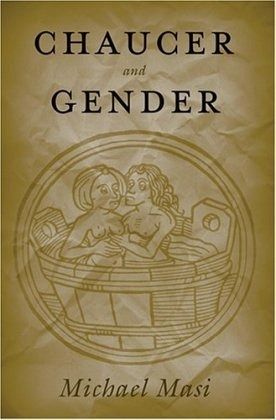
Chaucer and Gender
Versandkostenfrei!
Versandfertig in 6-10 Tagen
63,95 €
inkl. MwSt.

PAYBACK Punkte
0 °P sammeln!
Gender criticism has recently been applied to a wide range of ancient and modern literature; such an approach can reveal many previously unrecognized attitudes among earlier writers. Chaucer has long been recognized as a writer with psychological sensitivities. This book attempts to show that Chaucer has demonstrated his sensitivities on gender issues by recognizing and revising many of the gender stereotypes familiar from his time. It is likely that he was influenced in these ideas by an early feminist writer from France, Christine de Pizan, who complained about the Romance of the Rose as an ...
Gender criticism has recently been applied to a wide range of ancient and modern literature; such an approach can reveal many previously unrecognized attitudes among earlier writers. Chaucer has long been recognized as a writer with psychological sensitivities. This book attempts to show that Chaucer has demonstrated his sensitivities on gender issues by recognizing and revising many of the gender stereotypes familiar from his time. It is likely that he was influenced in these ideas by an early feminist writer from France, Christine de Pizan, who complained about the Romance of the Rose as an embodiment of gender stereotyping. Chaucer's later works particularly show an awareness of gender issues that has not been entirely recognized and which is at variance with ideas in the Romance , which he had translated into English during his youthful period.




